The Concept of Defamation and Its Types
Introduction
Defamation involves making oral or written statements that damage another person's reputation. According to Black's Law Dictionary, defamation is "the offense of injuring a person’s character, fame, or reputation by false and malicious statements."
There are two primary types of defamation: libel and slander. Libel refers to written or published statements, while slander refers to spoken statements that harm a person's reputation.
- Libel is communicated through written or permanent forms such as writing, printing, or images.
- Slander is communicated through spoken words or other transient forms, typically addressing the ears.
Libel is considered both a tort and a criminal offense, meaning it can be actionable without the need for proof of actual damage (actionable per se). On the other hand, slander is typically a civil wrong, requiring proof of actual damage for a legal claim.
Elements to Prove Defamation
To establish a claim for defamation, the following elements must be present:
- A Statement Must Be Made: The statement, whether spoken or written, must actually exist. It can be in the form of words, writing, or visible representation.
- The Statement Must Refer to the Plaintiff: The statement must clearly identify or refer to the individual, group, or entity claiming defamation.
- The Statement Must Be Defamatory: The statement should diminish the respect, regard, or confidence in which the plaintiff is held, causing others to look upon them with disdain or hatred.
- The Statement Must Be False: The statement must be untrue, as truth is a defense to defamation.
- The Statement Must Be Published: The defamatory statement must be communicated to someone other than the person it is about, as ruled in the case of Mahendra Ram vs Harnandan Prasad.
Defenses Against Defamation
Several defenses can be used against a defamation claim:
- Truth: If the statement is true, it is a complete defense against defamation. The burden of proof lies with the defendant to show the truth of the statement.
- Fair and Bona Fide Comment: If the statement is a fair comment made in the public interest, it is not considered defamatory.
- Absolute Privilege: Certain communications are protected from defamation claims, such as those between spouses, or during judicial, legislative, or official proceedings. For instance, in T.J. Ponnen vs M.C. Verghese, the court held that communications between a husband and wife are privileged and cannot be considered defamatory.
Factors Considered by Courts in Awarding Compensation
When awarding compensation for defamation, courts consider various factors, including:
- The Conduct of the Plaintiff: The plaintiff's own actions and behavior are taken into account.
- Absence or Refusal of Retraction: Whether the defendant has retracted or apologized for the defamatory statement can influence the compensation.
- The Defendant’s Conduct: The behavior of the defendant from the time of publication to the time of the court’s decision is considered.
- Social Standing: The social position and reputation of both the plaintiff and defendant play a role.
- Nature of the Libel: The seriousness and nature of the defamatory statement are crucial in determining the damages.
Conclusion
The law of defamation serves to protect individuals from false statements that harm their reputation. Courts carefully evaluate multiple factors, such as the conduct of both parties, the absence of a retraction, and the nature of the defamatory statement, before determining the appropriate compensation.
Share
Tags
Archive
Popular & Recent Post





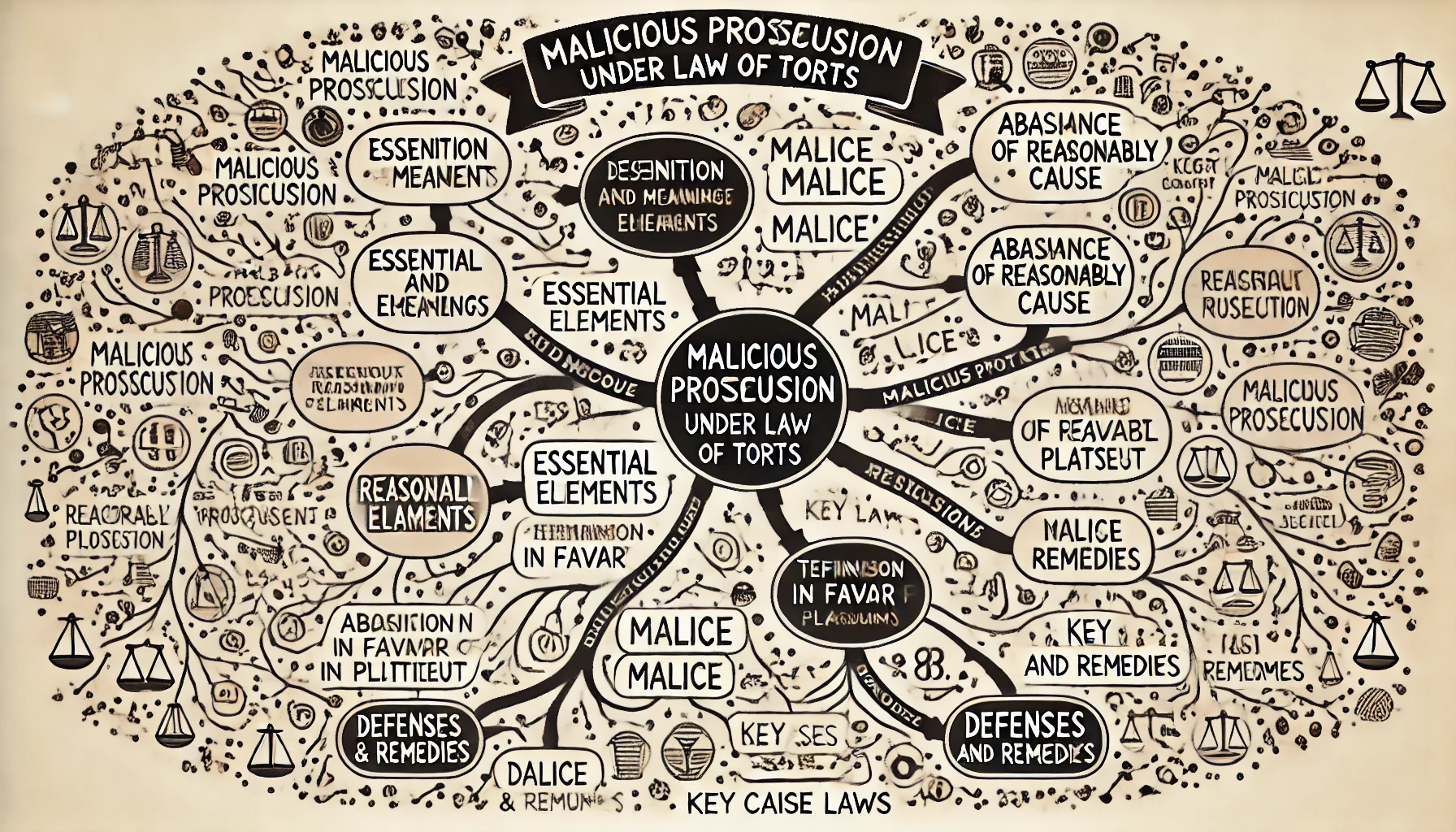
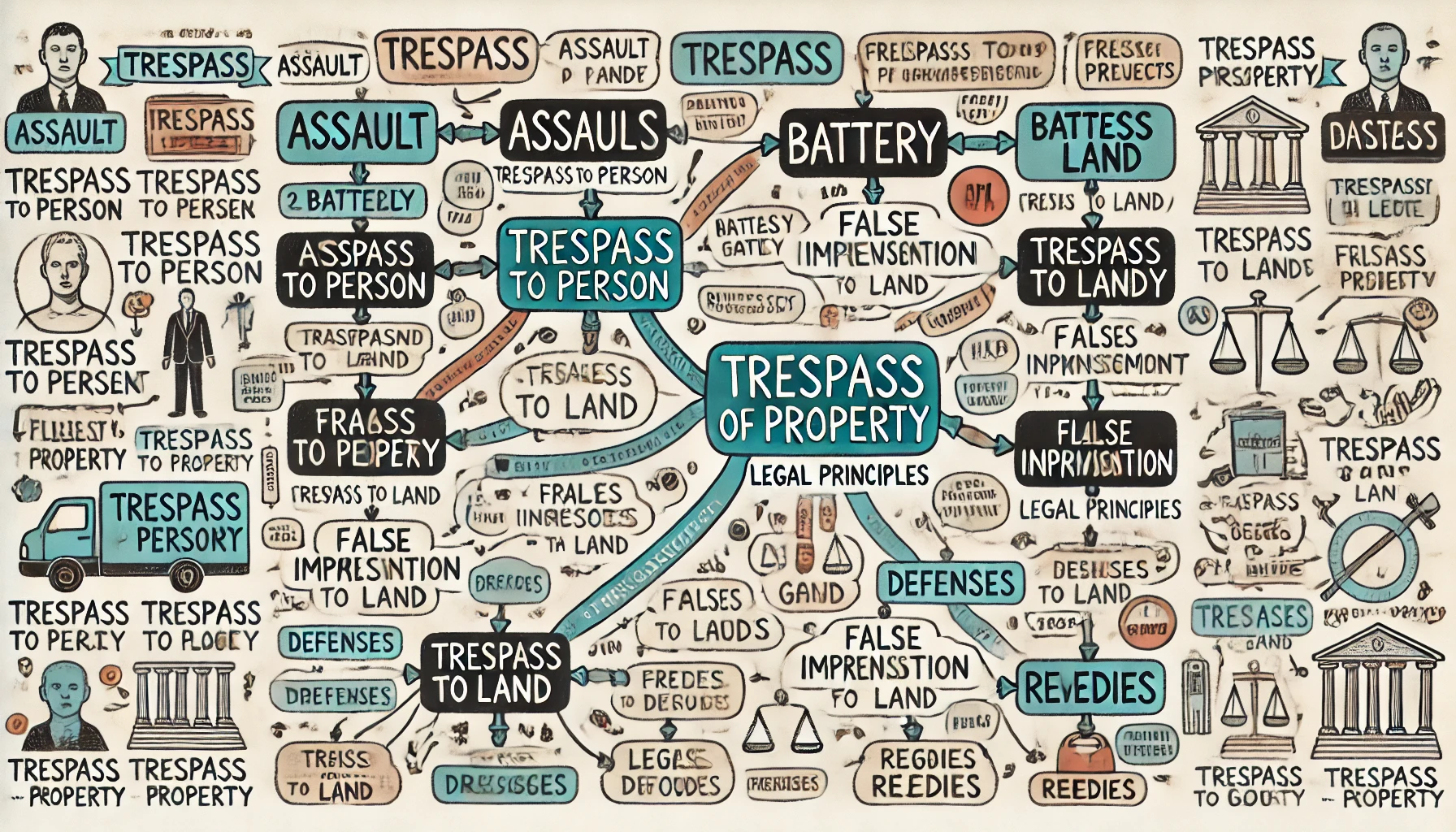
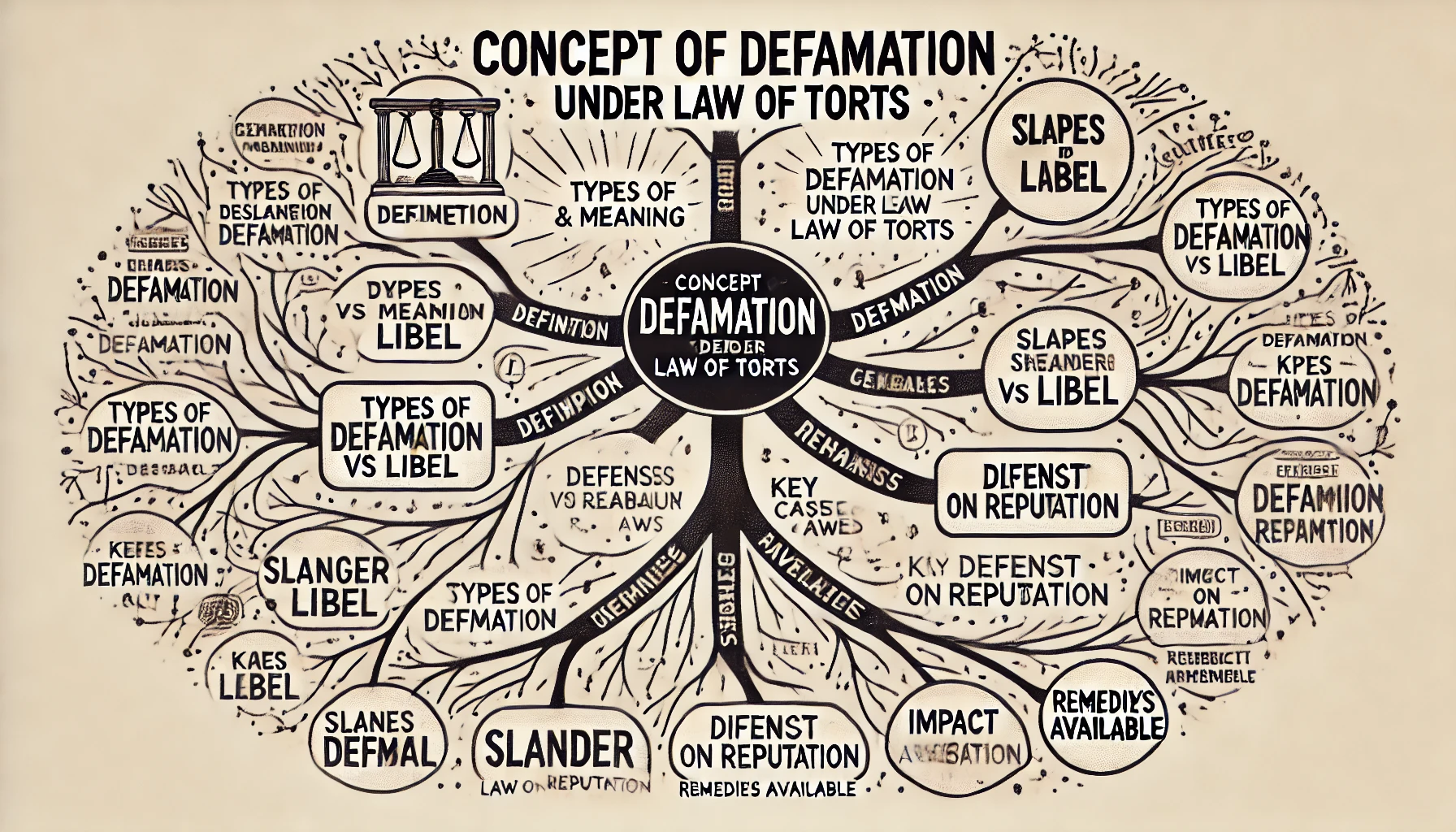
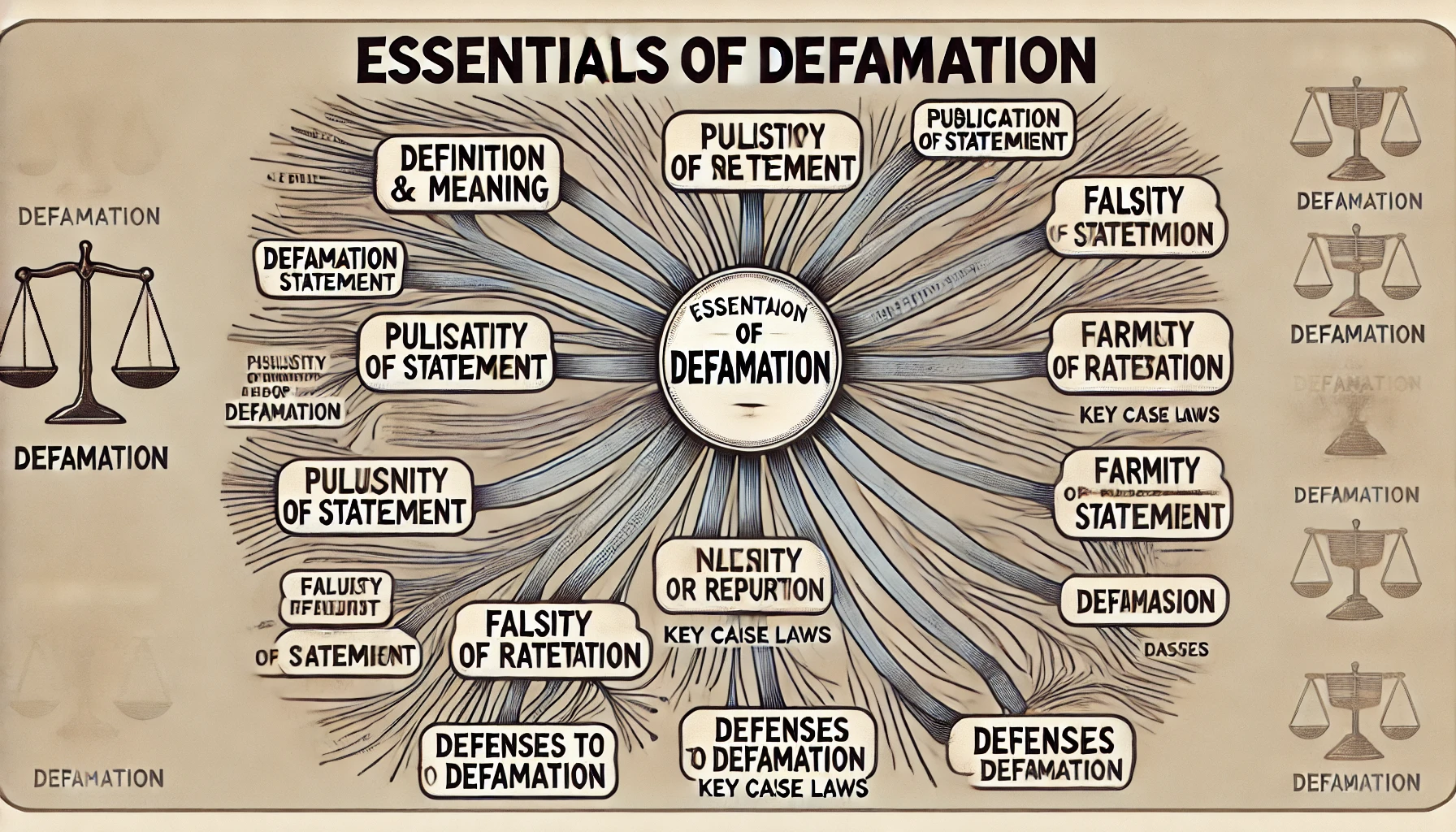
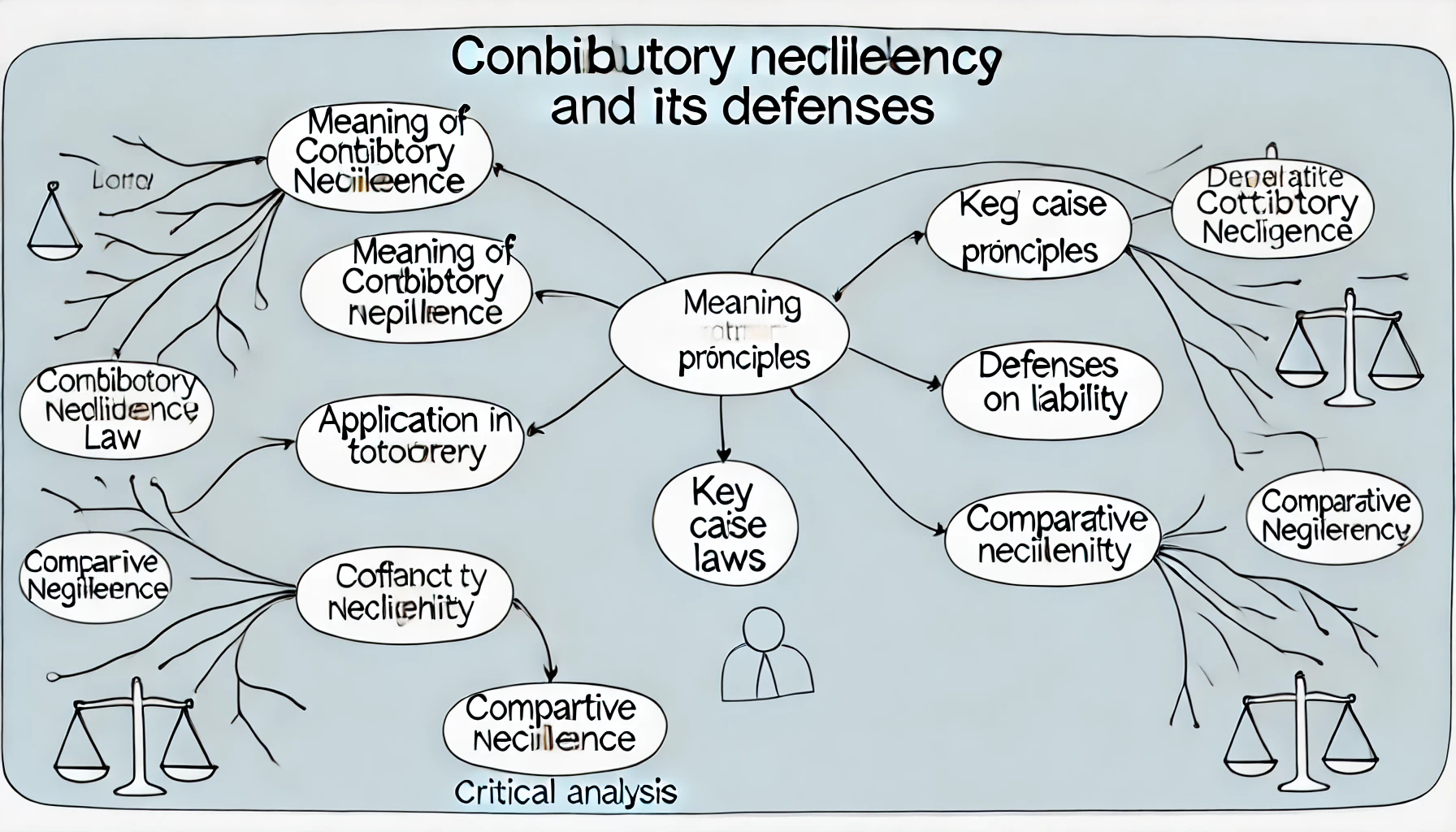
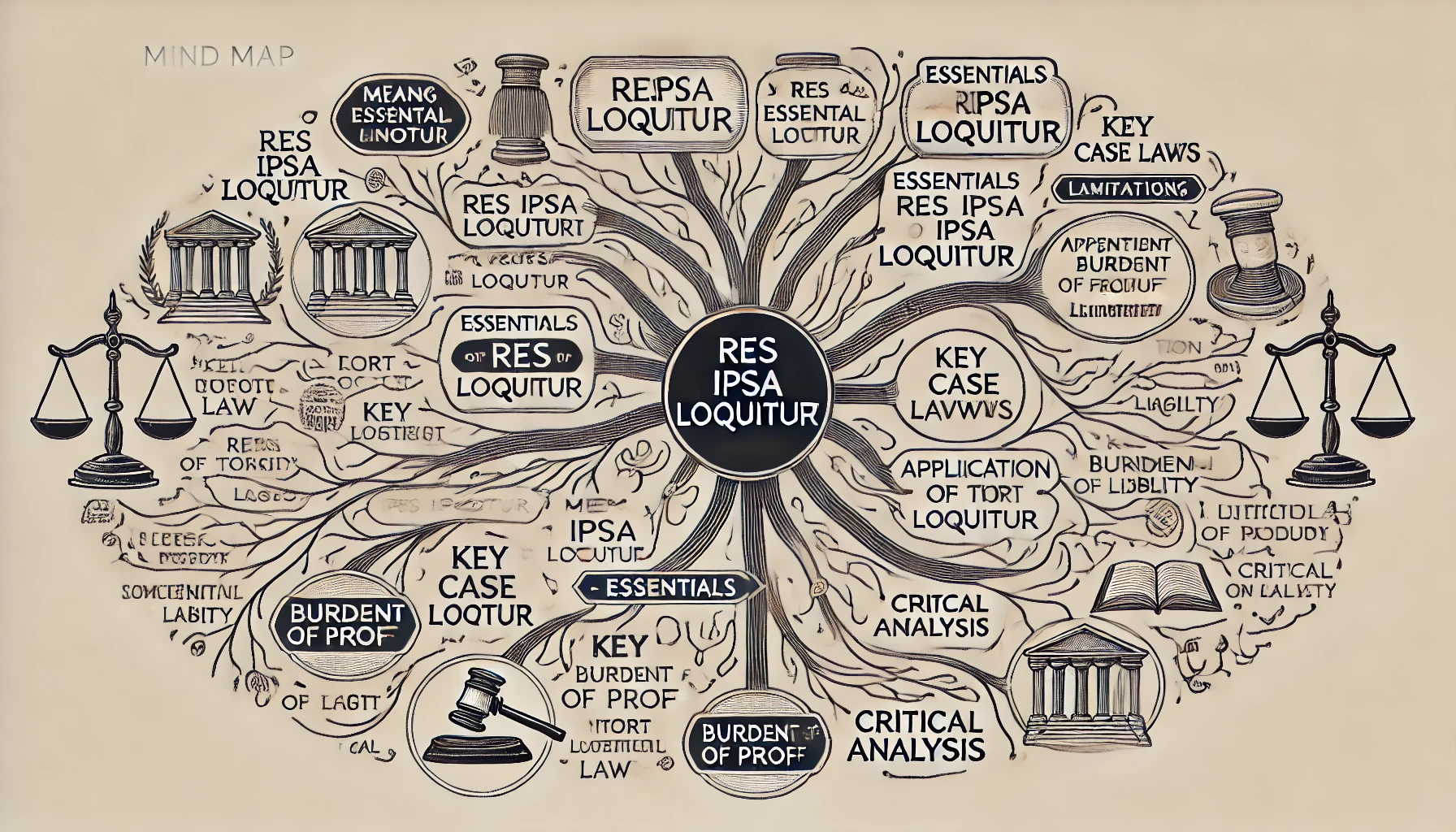
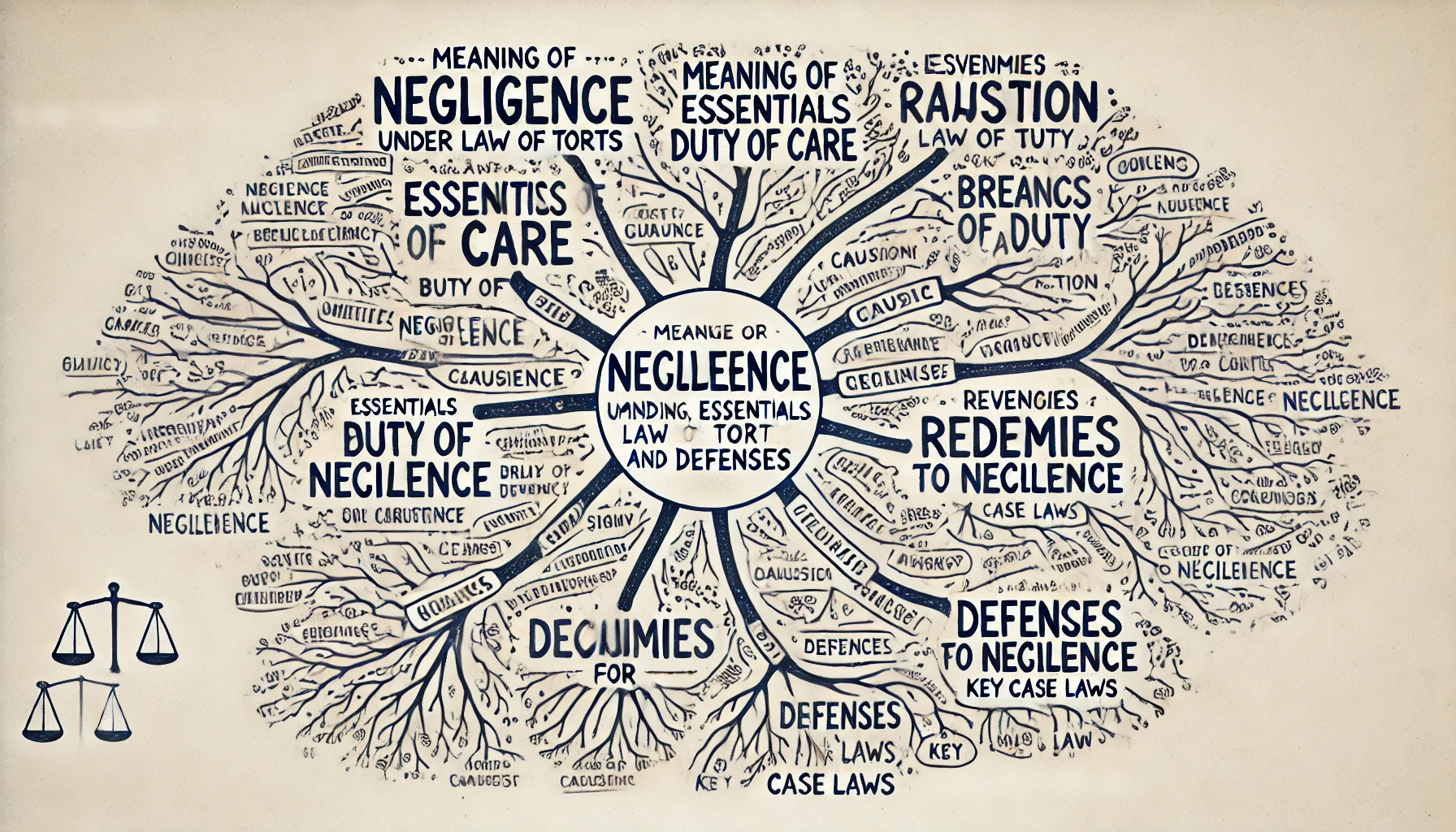
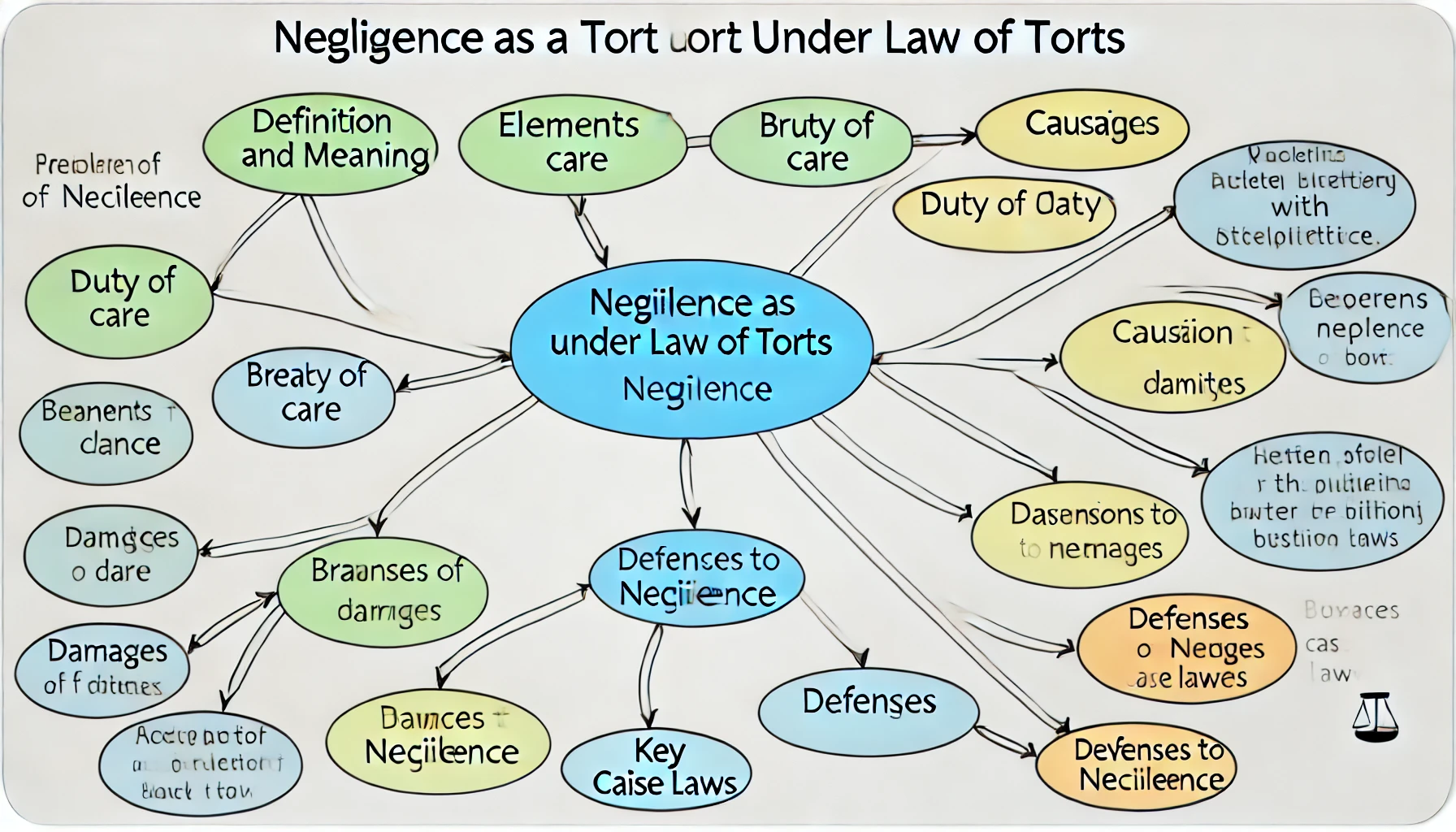
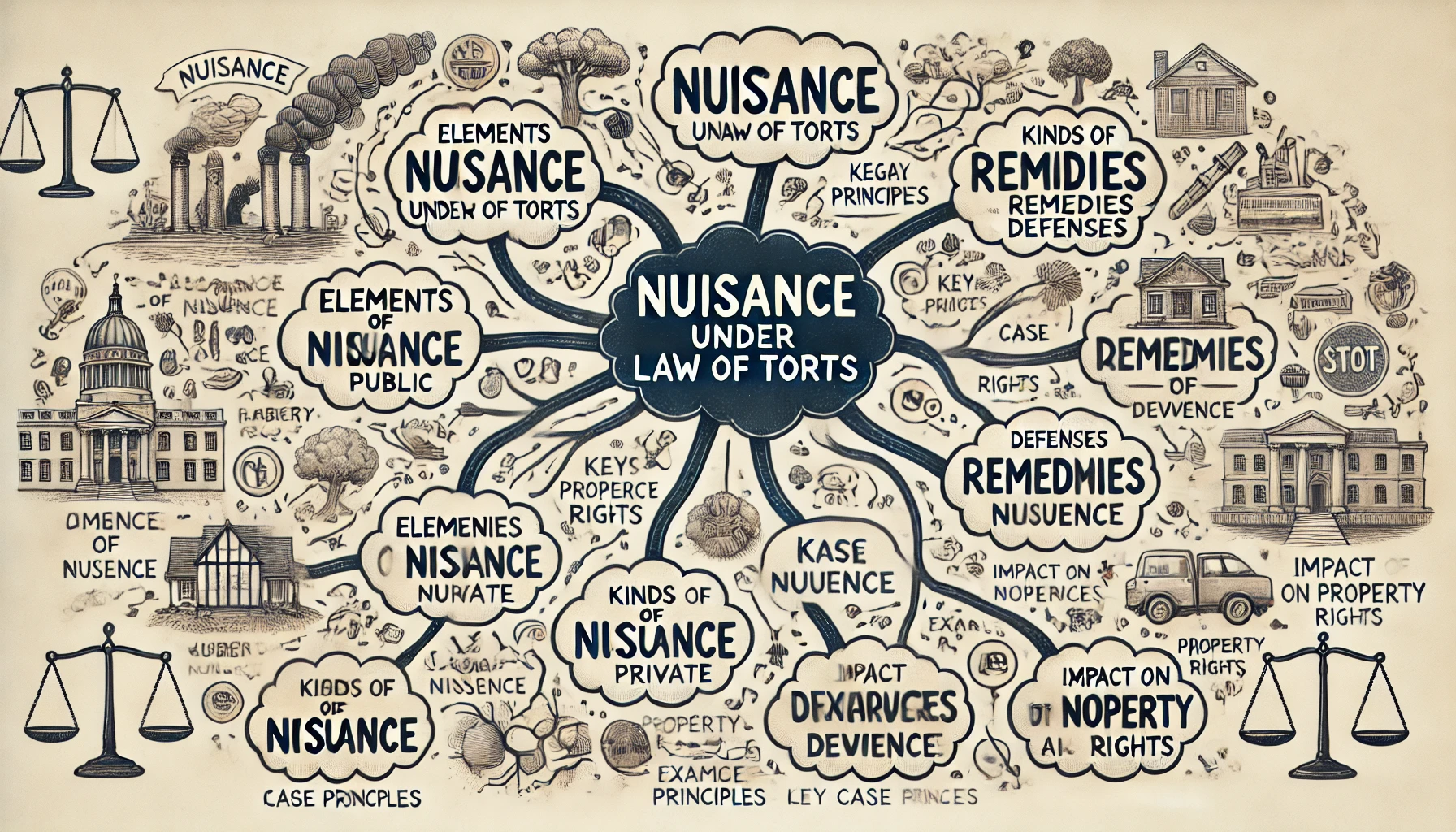
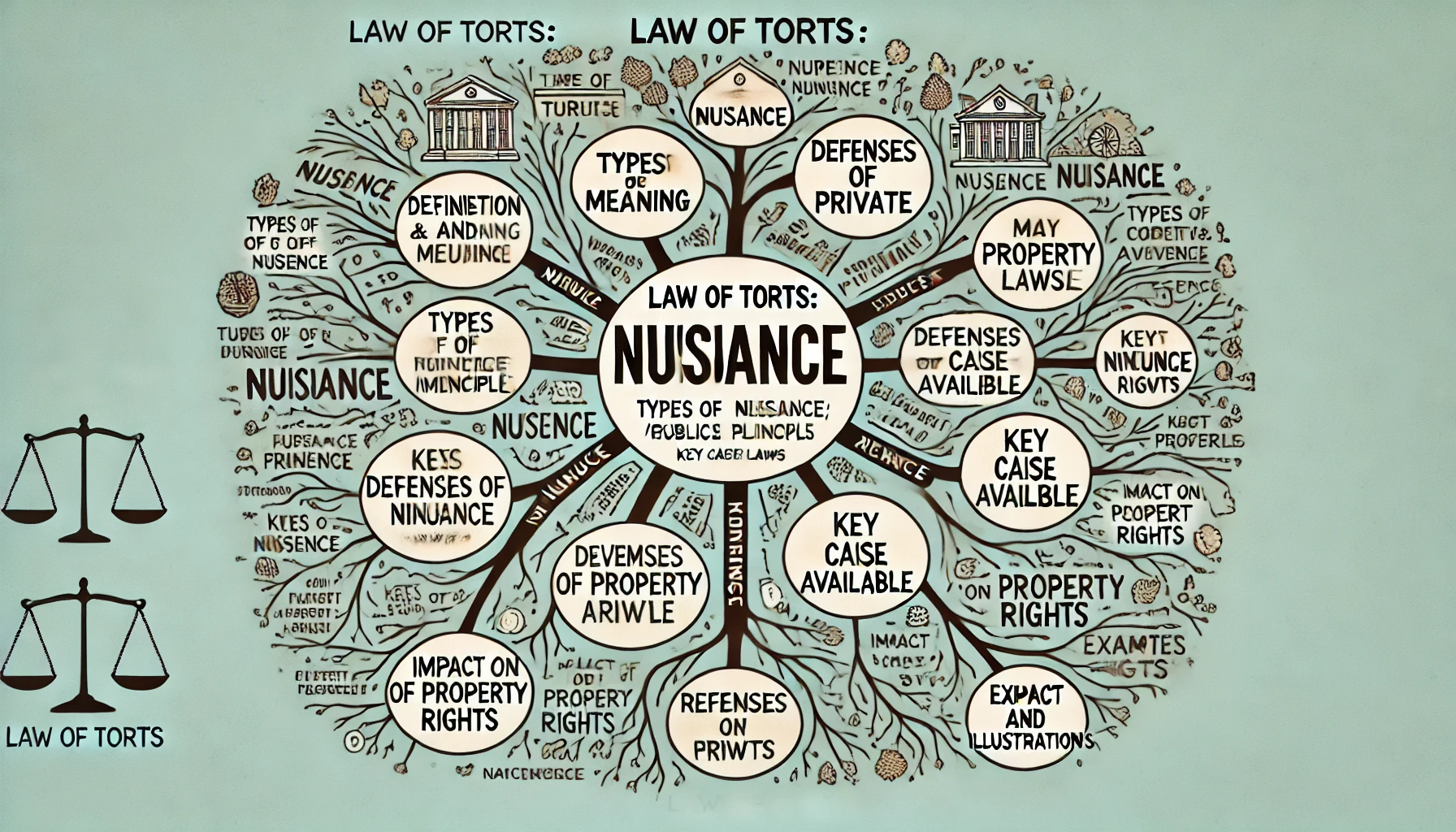
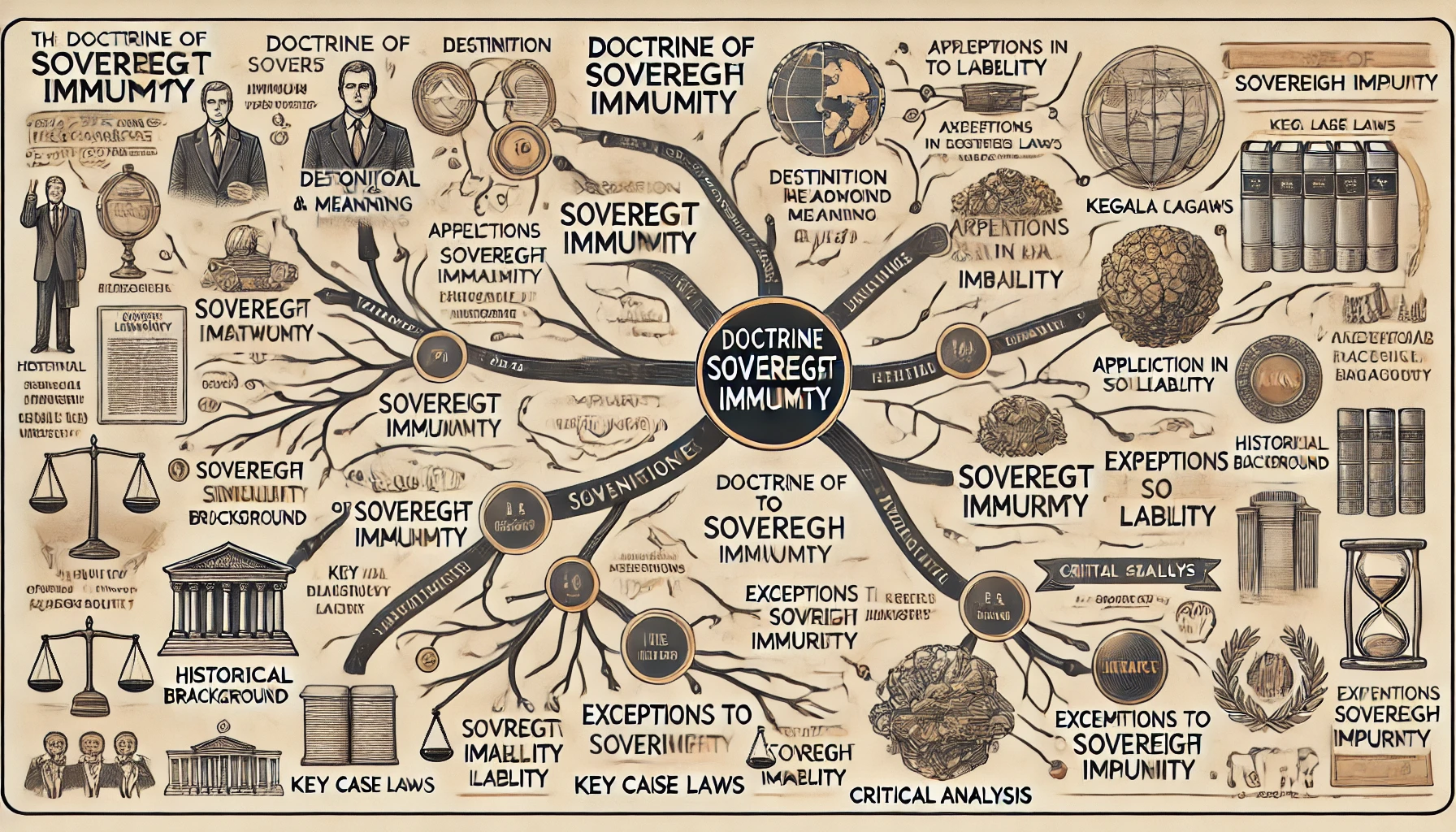
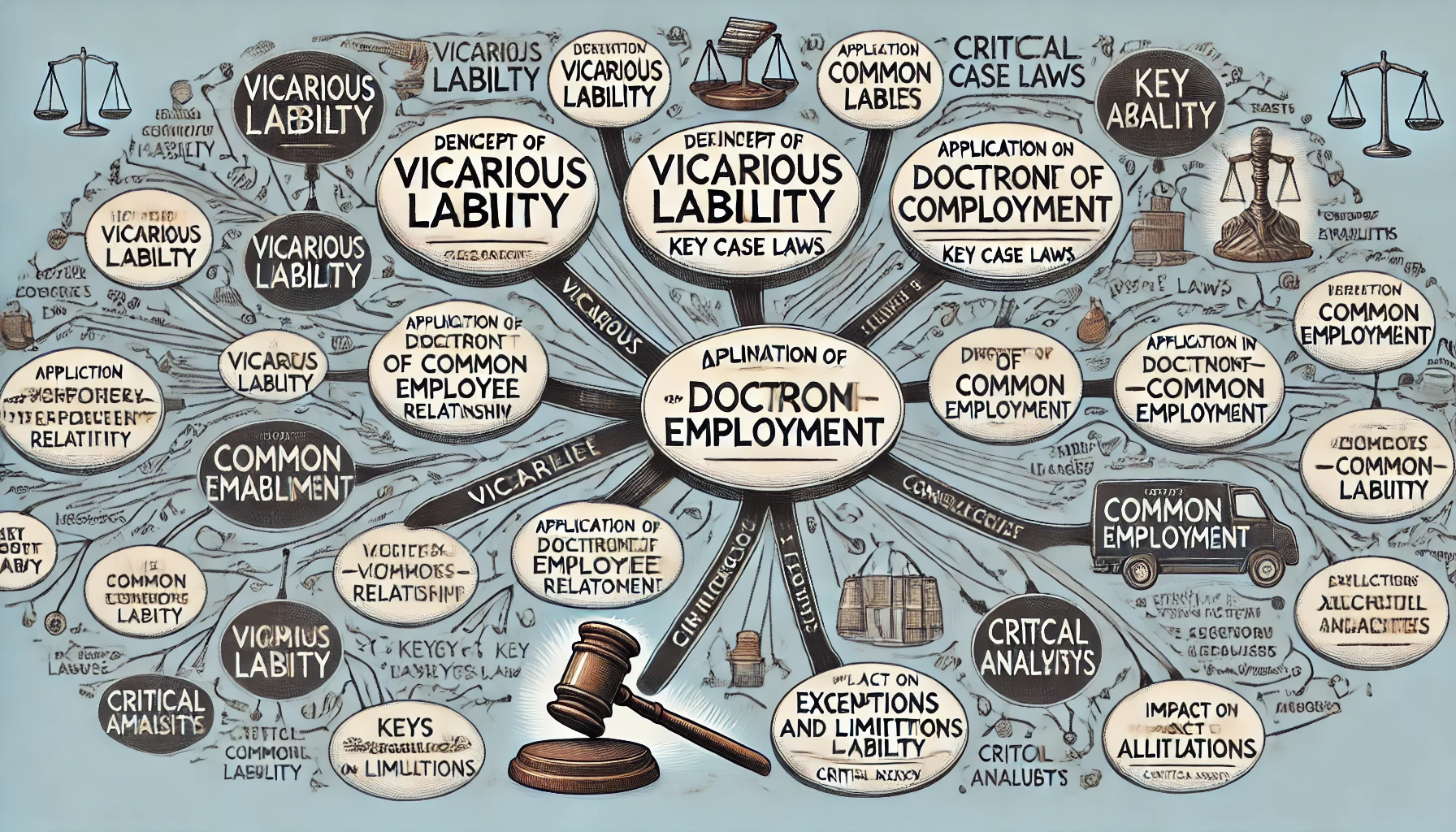

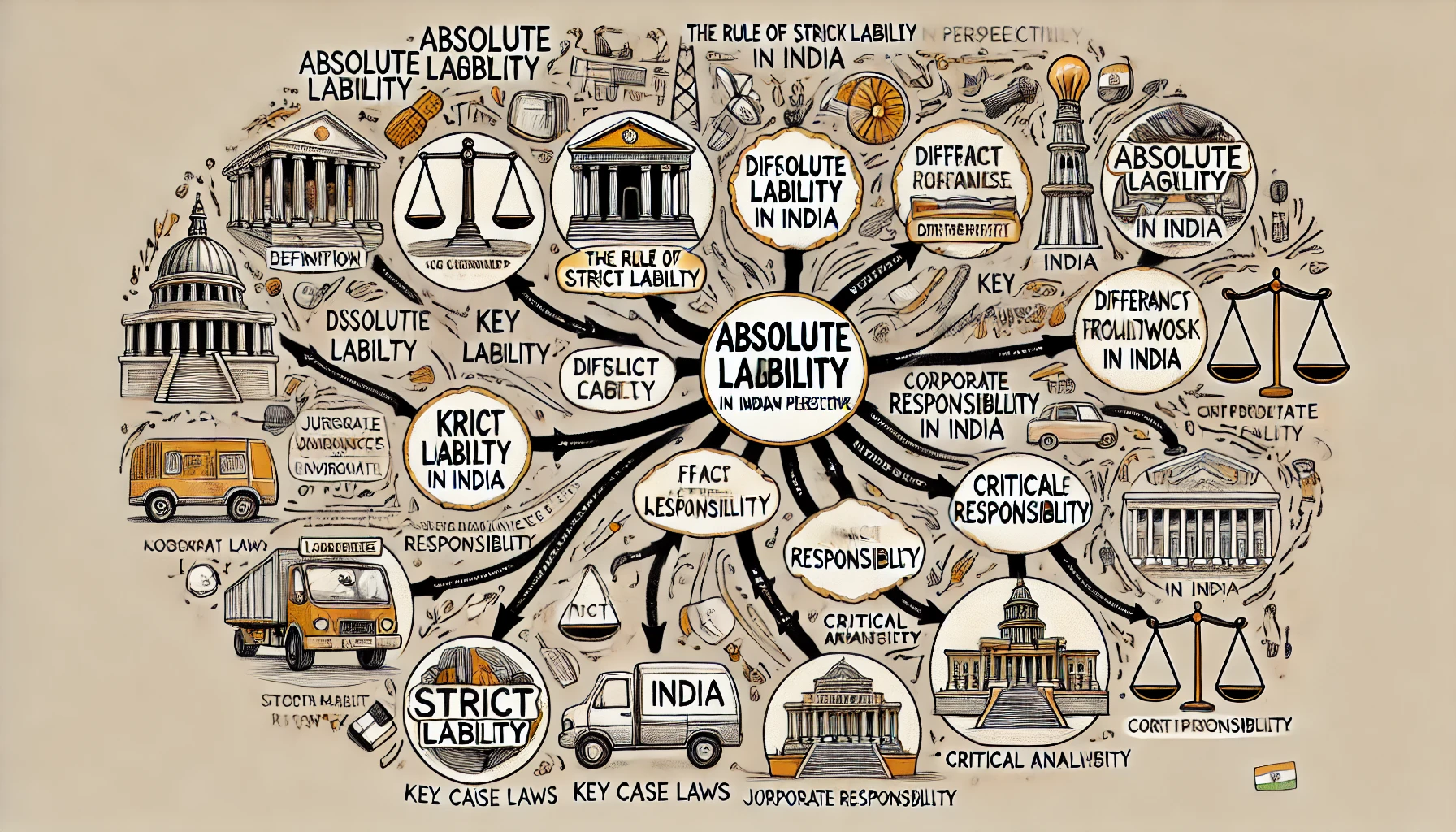
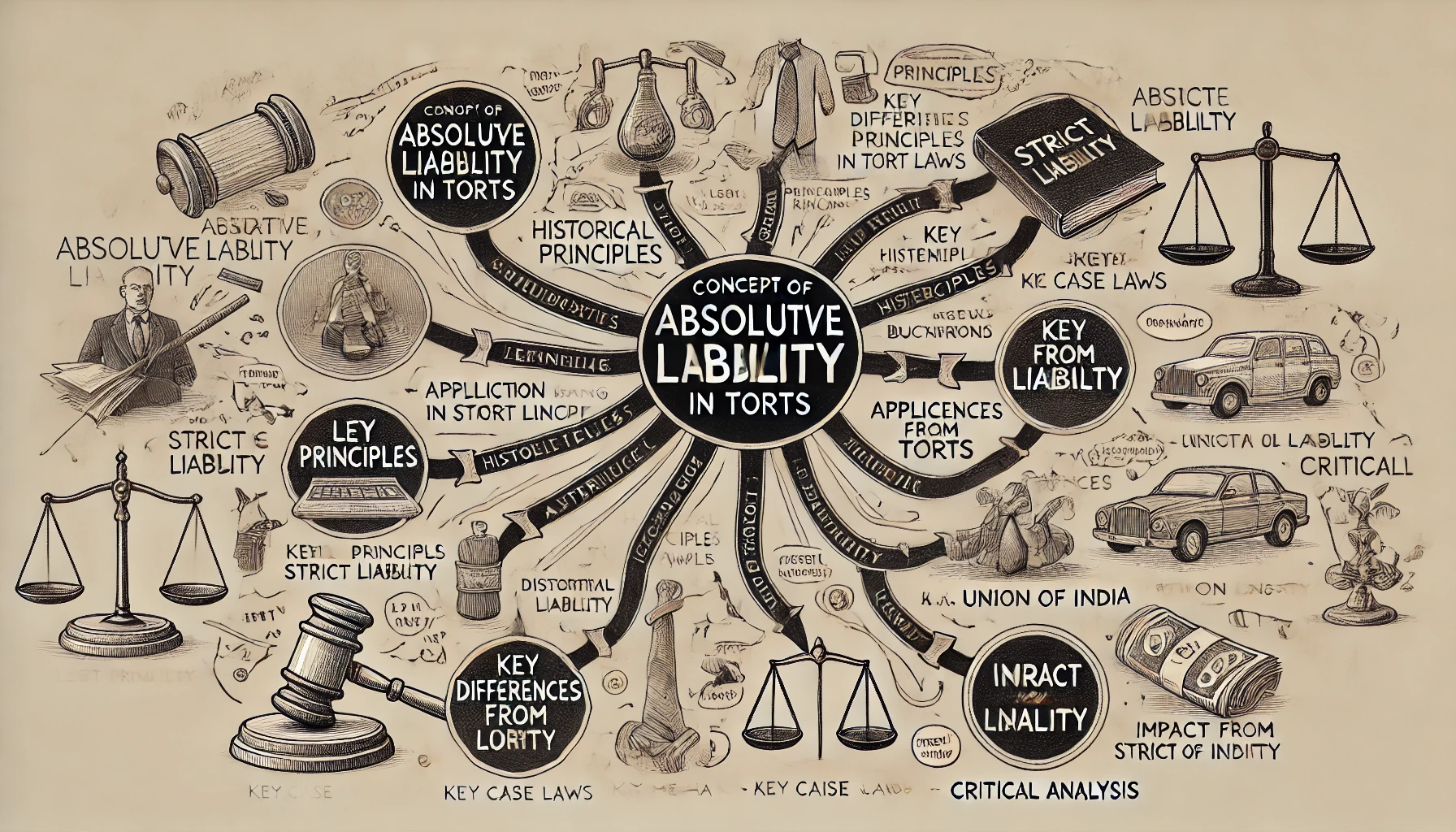
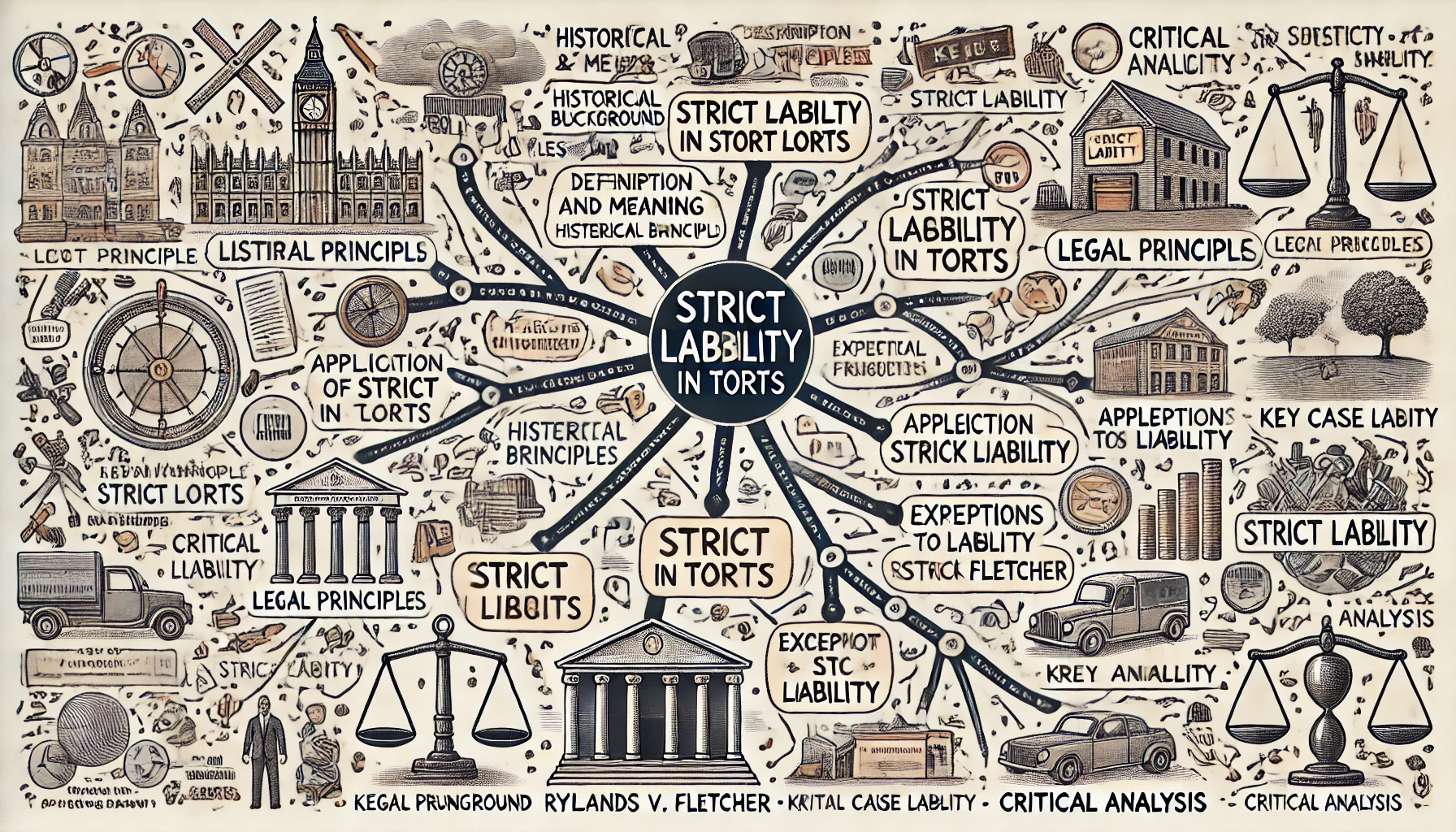
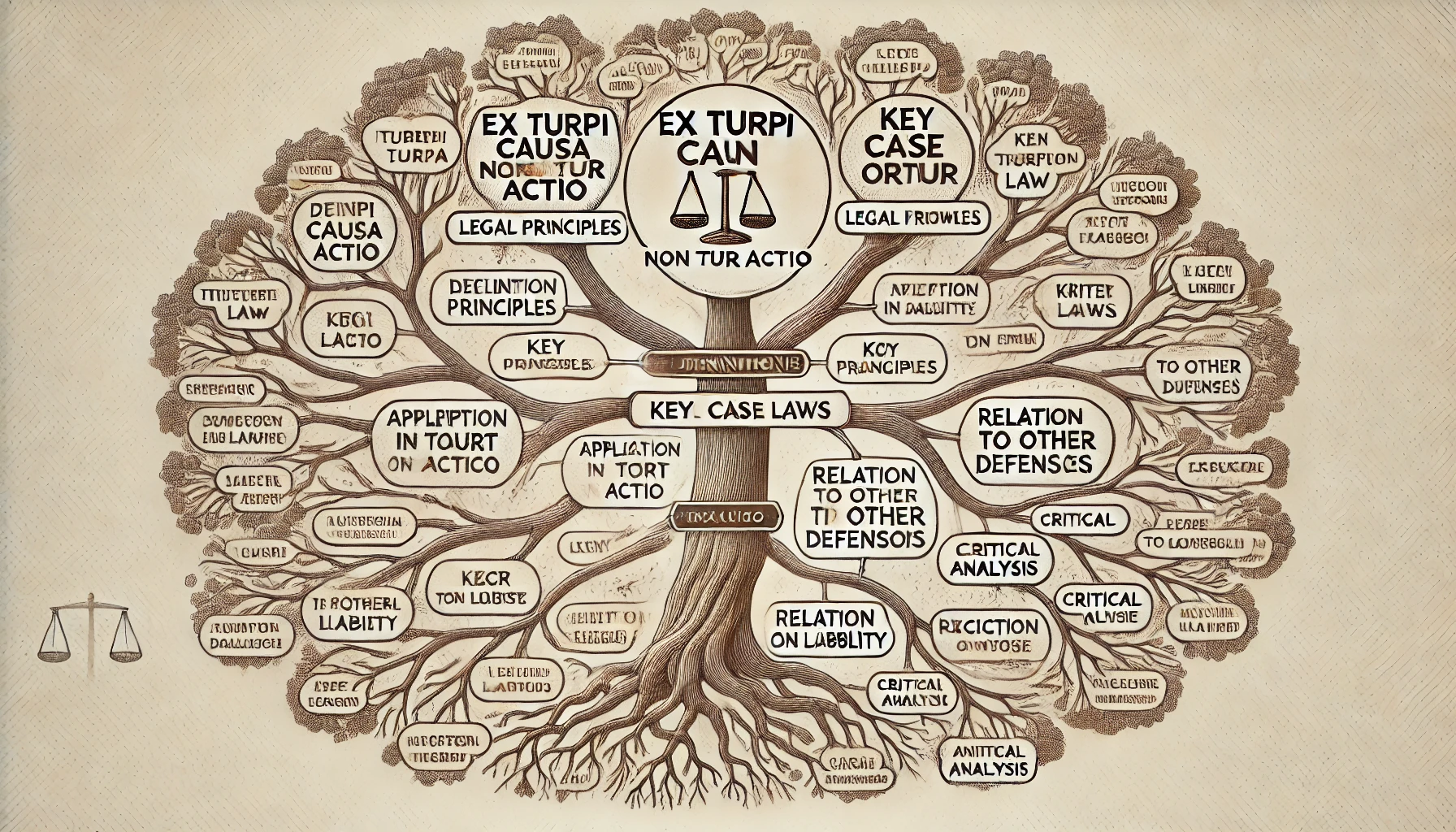
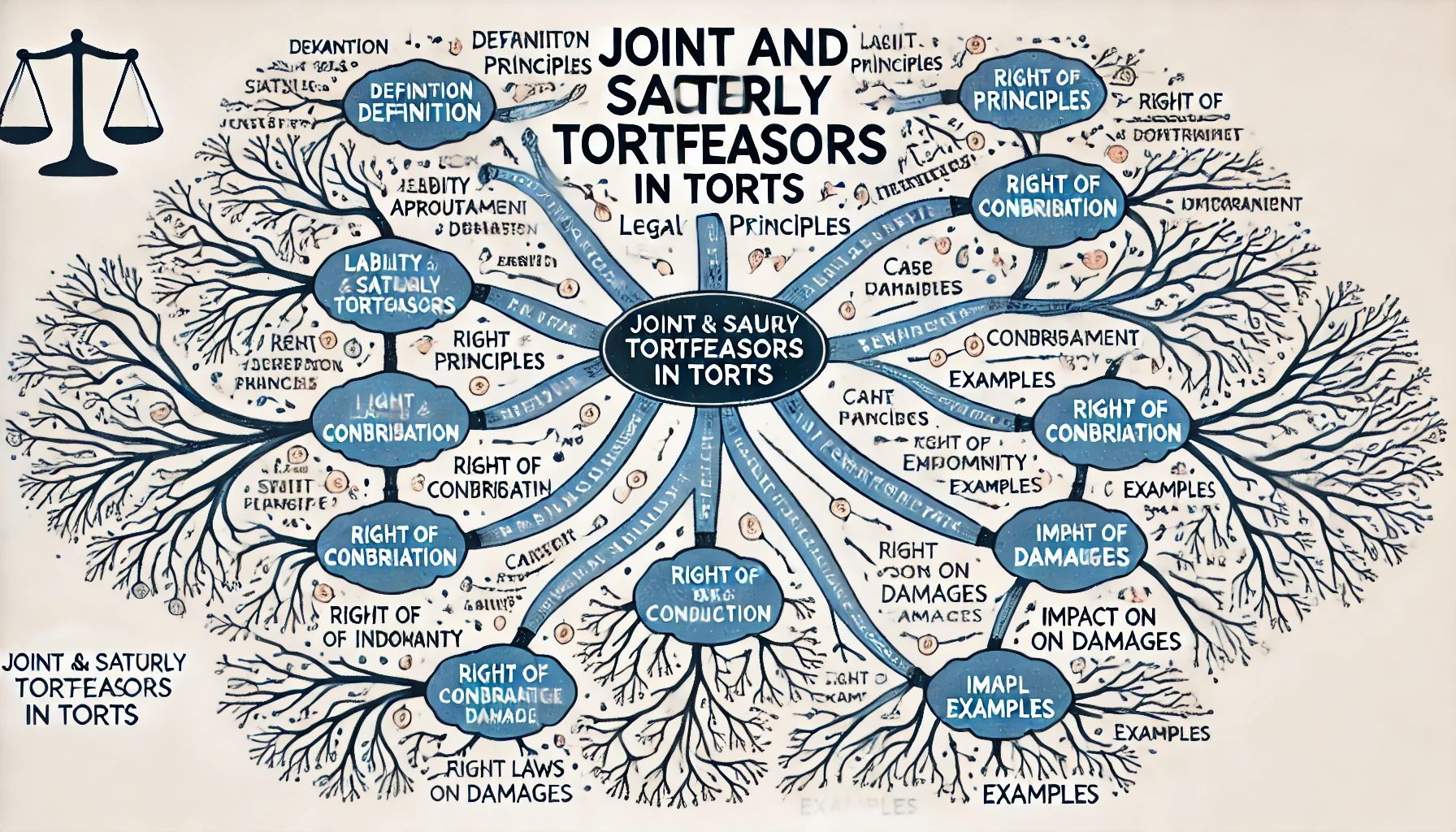
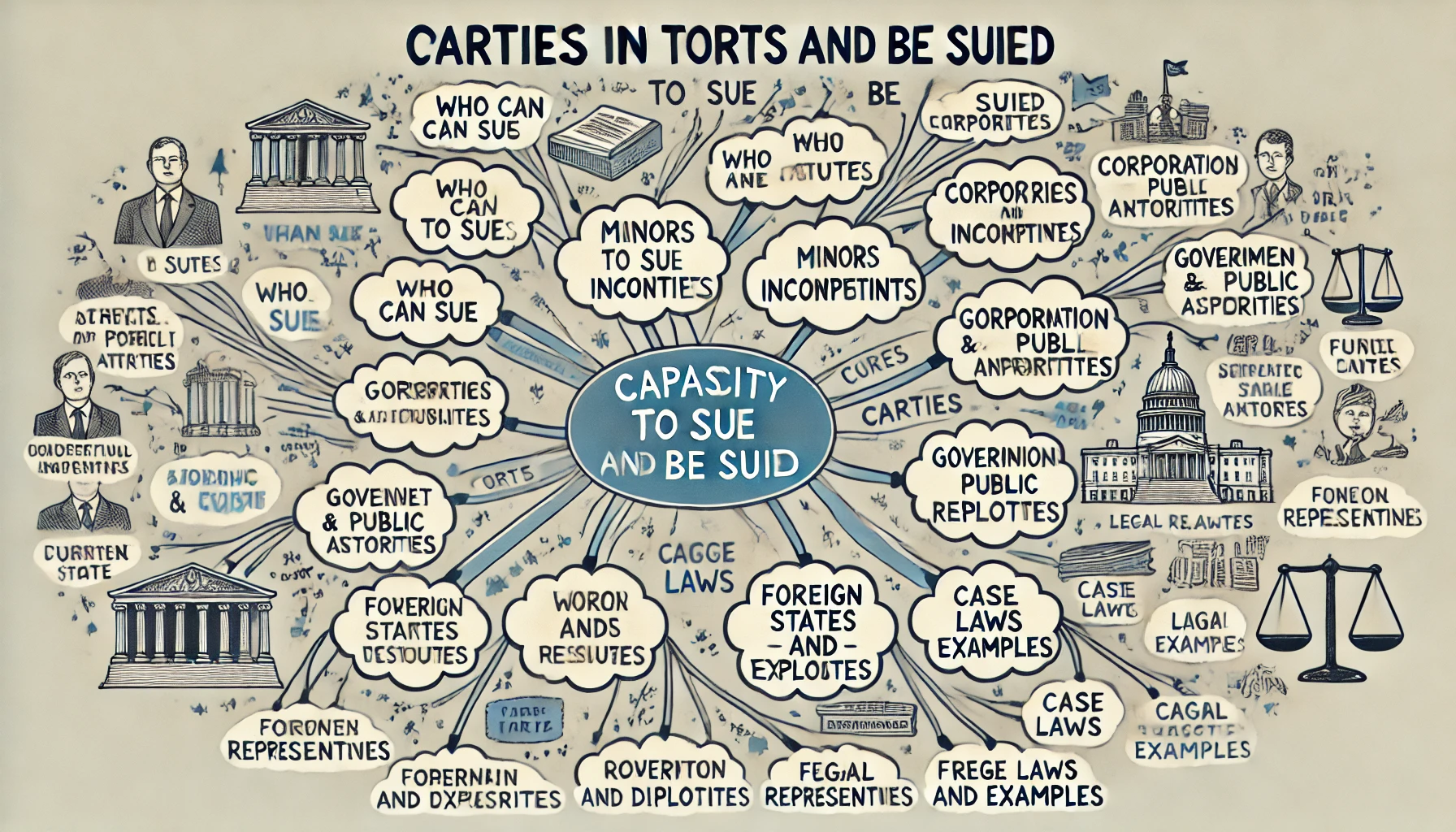
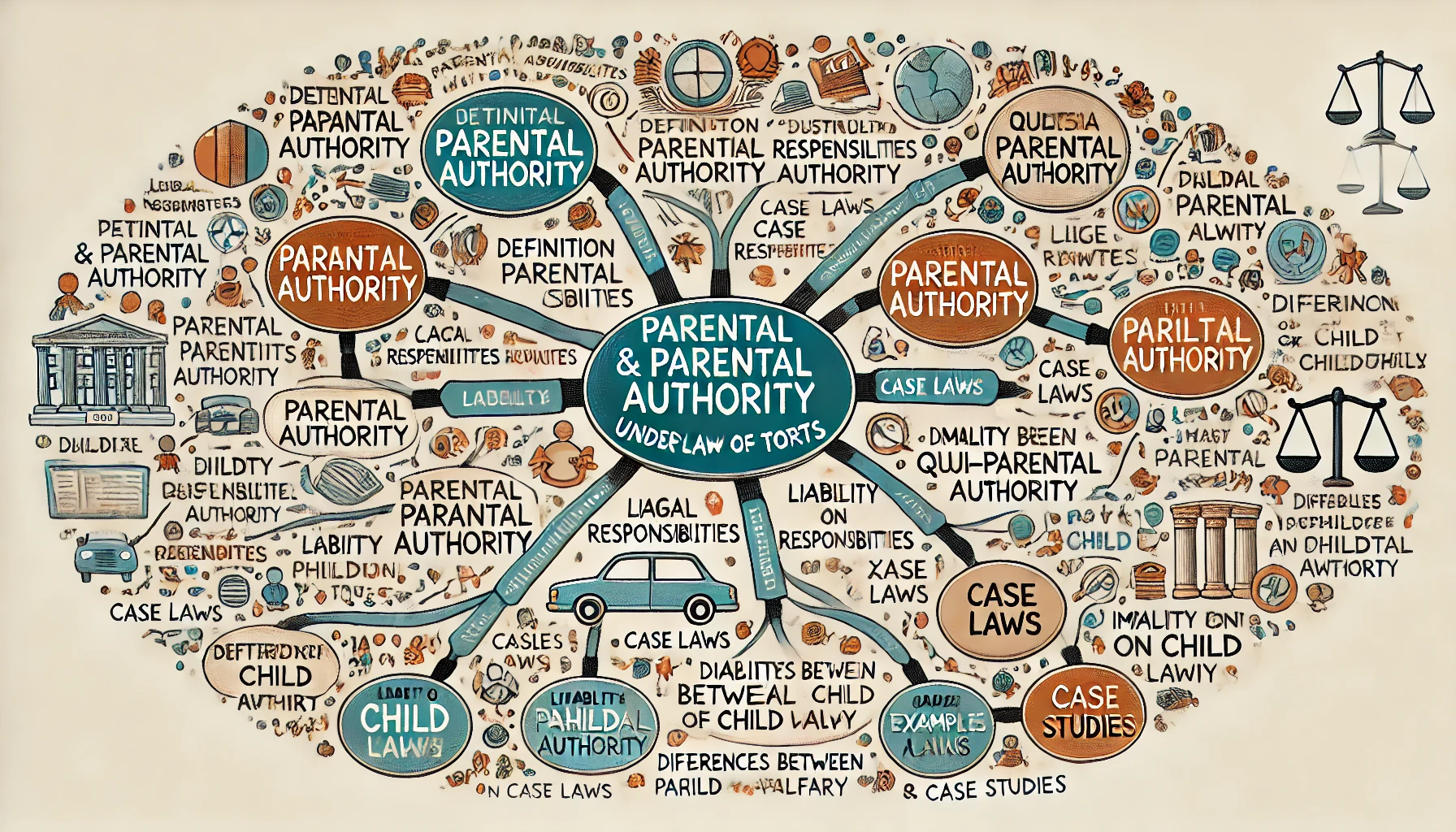
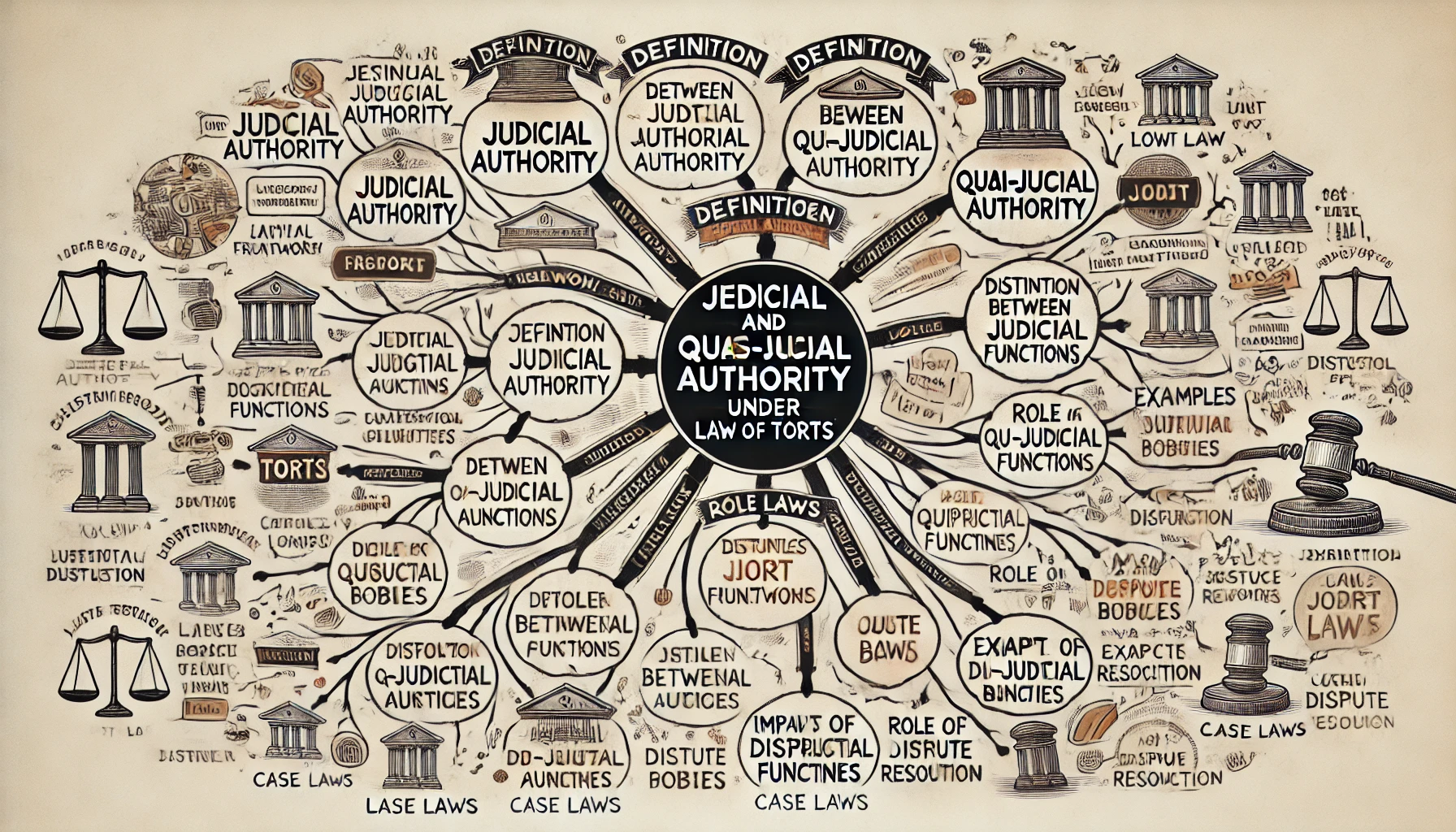
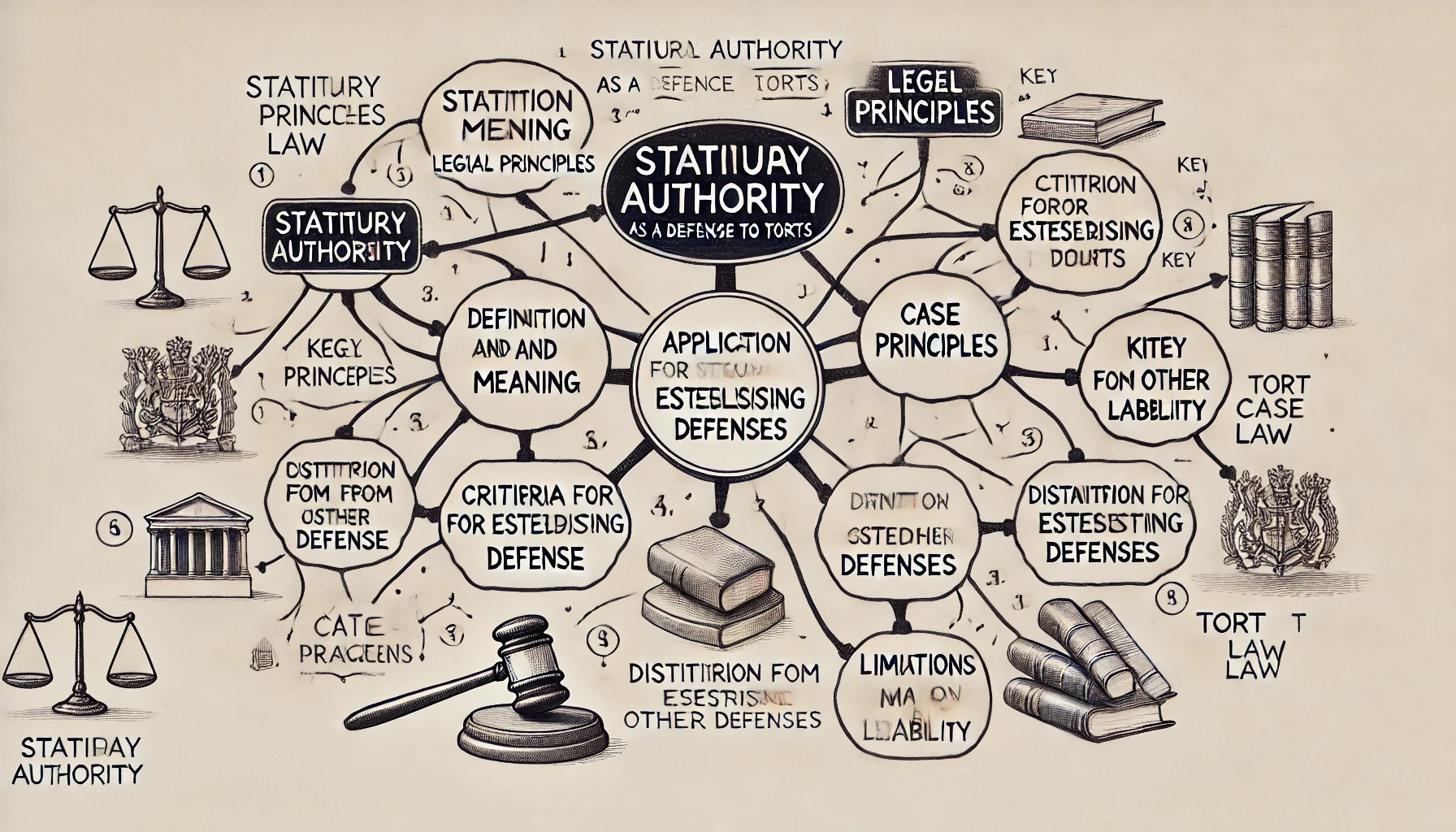
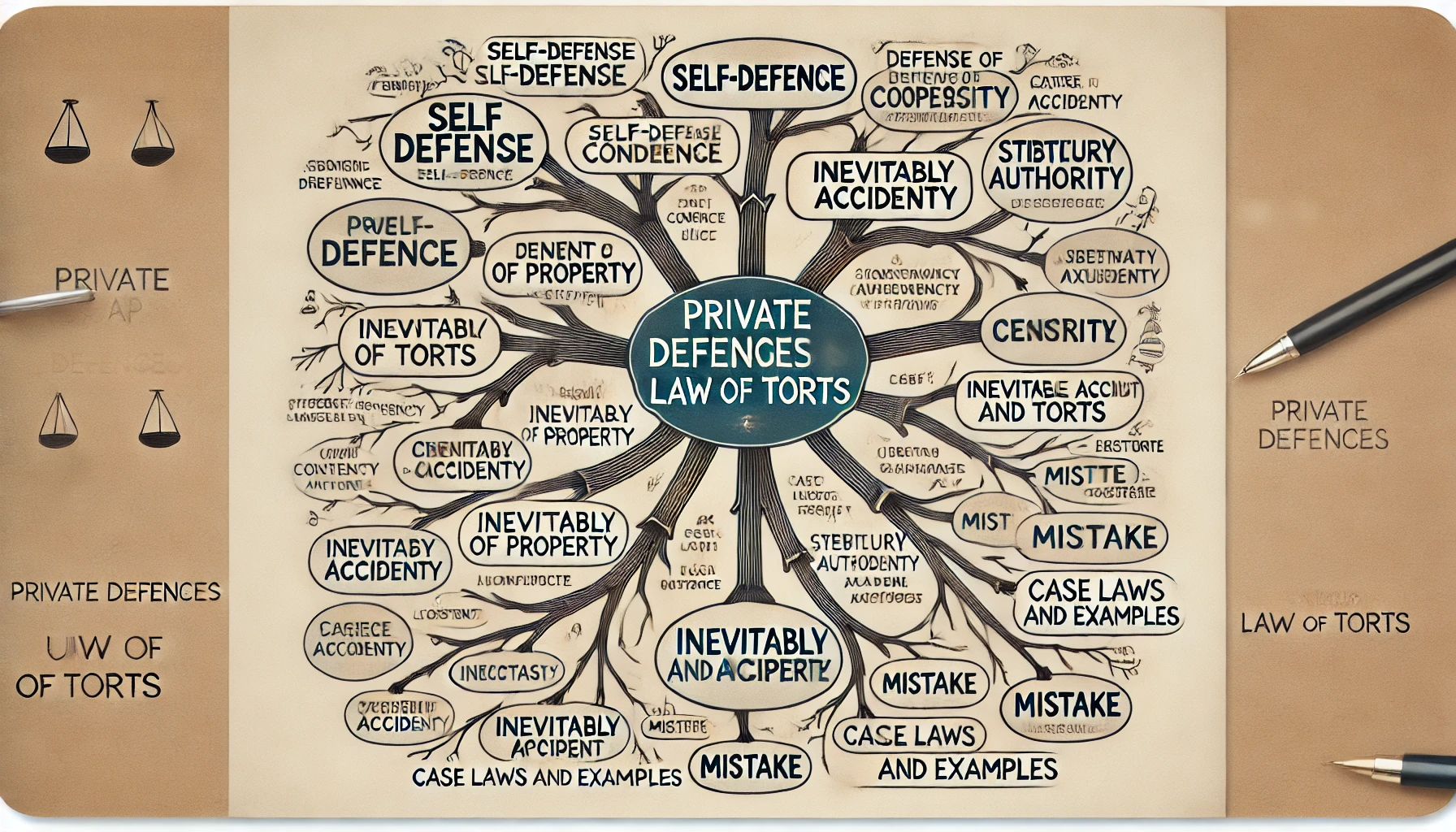
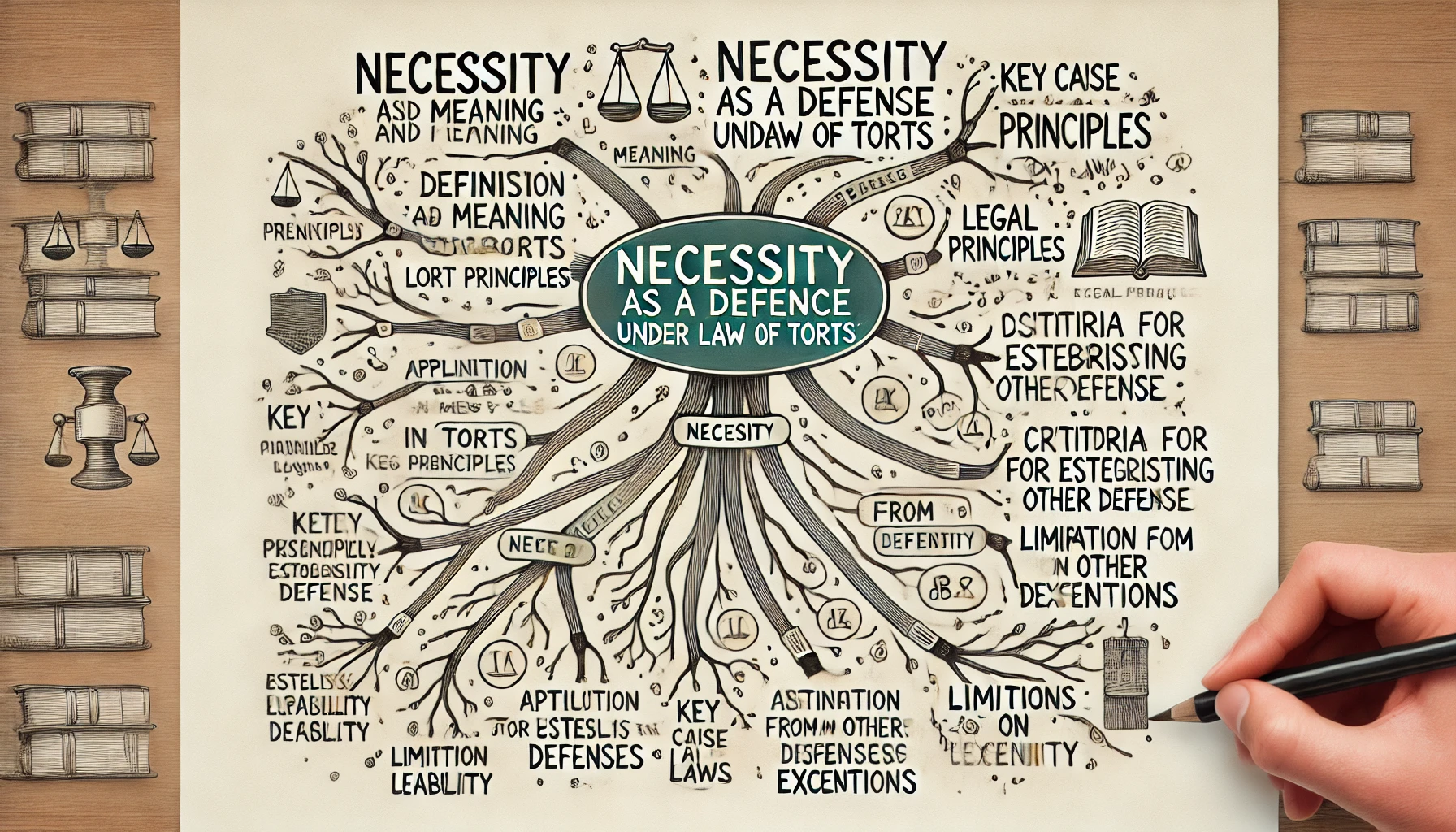
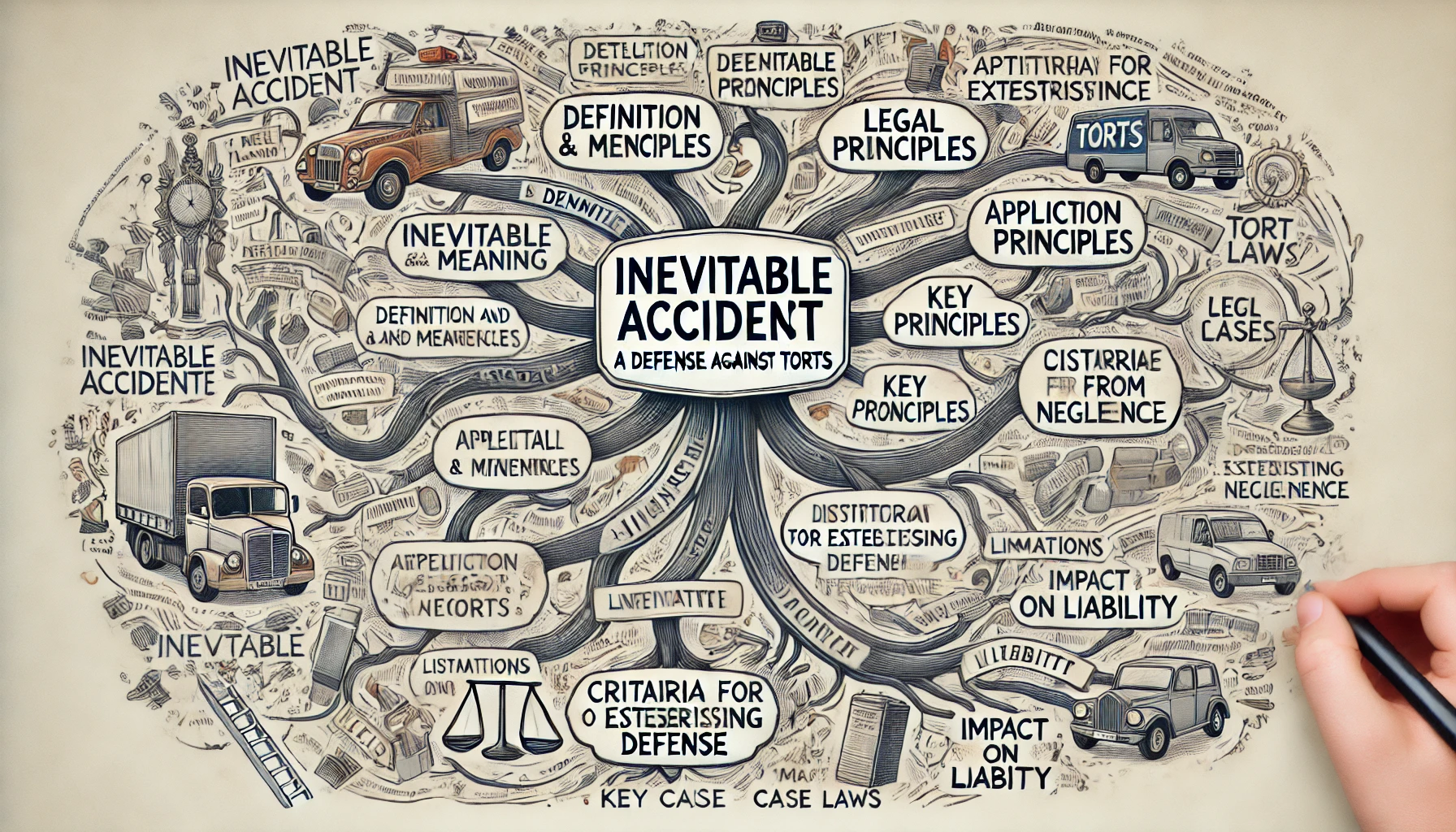

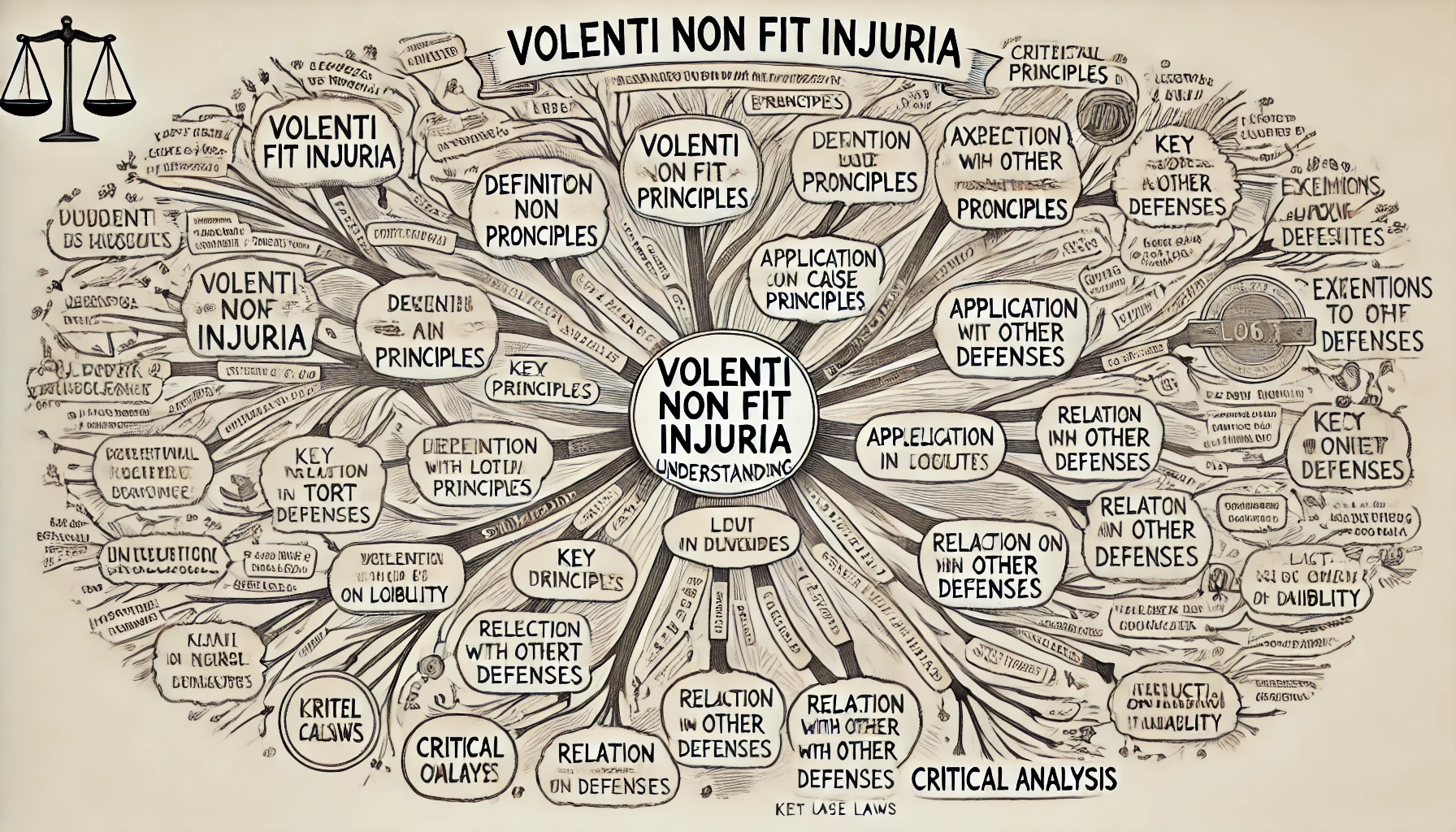
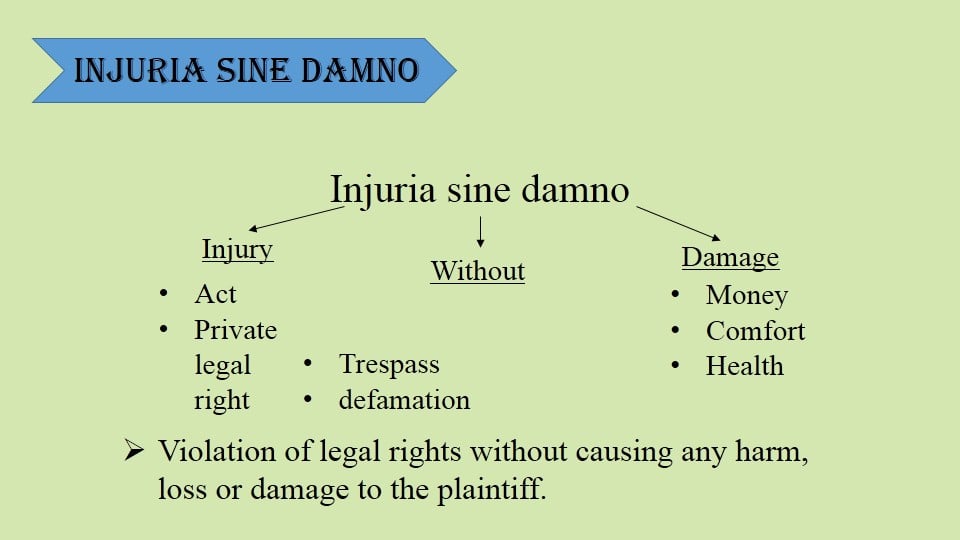

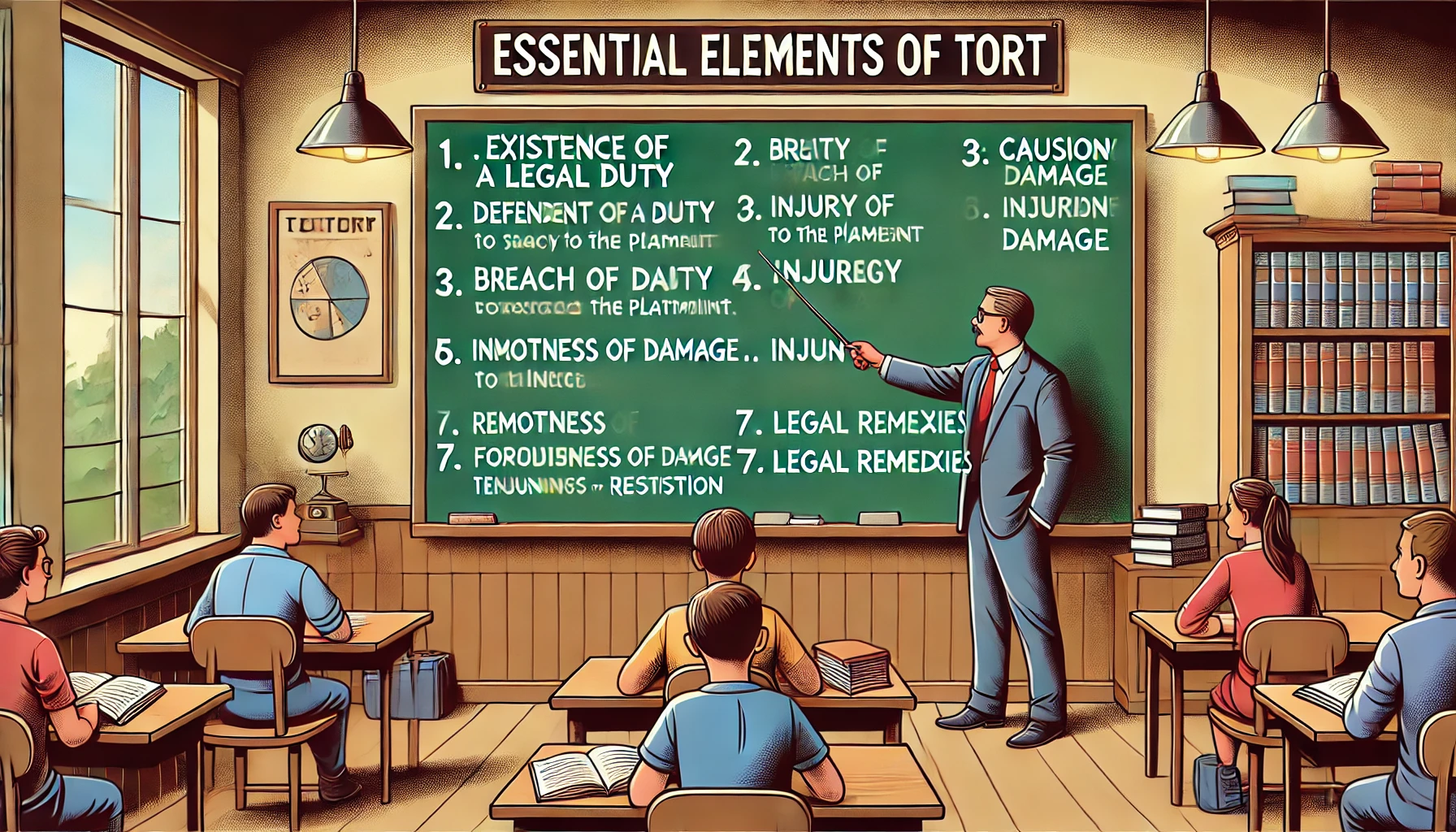
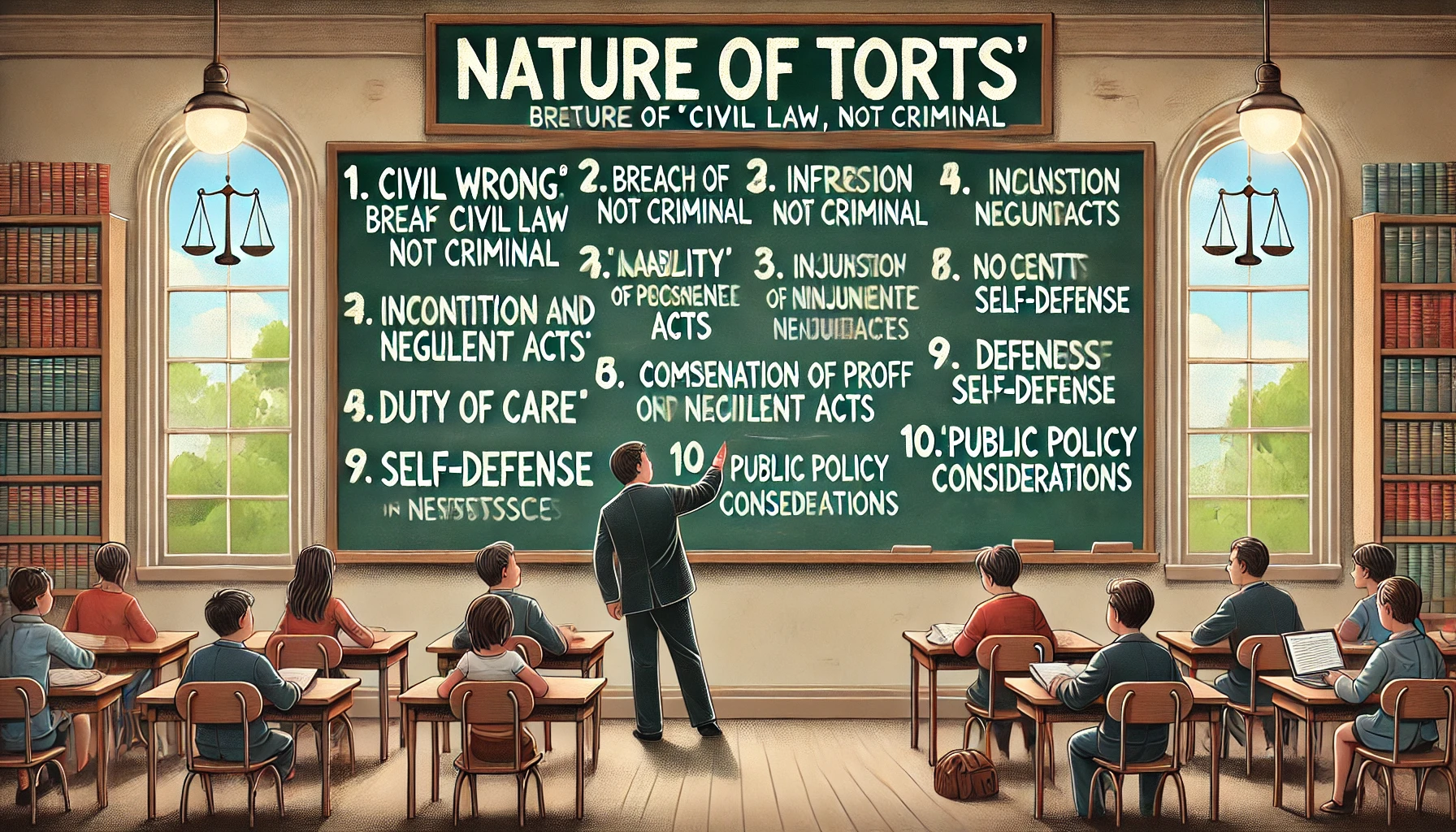


































































































Comment
Nothing for now